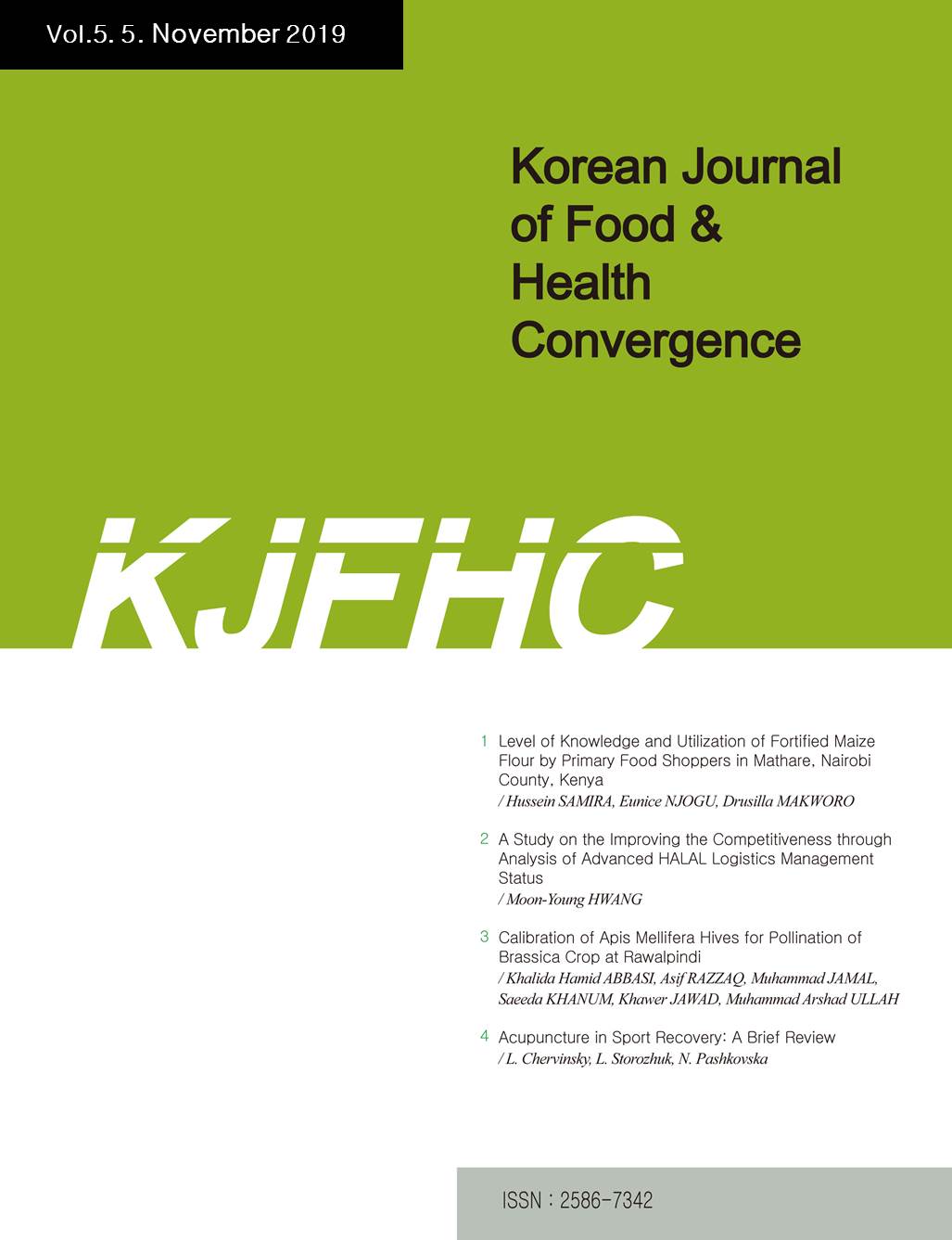 E-ISSN : 2586-7342
E-ISSN : 2586-7342
OYETAYO, Victor Olusegun
AKINYOSOYE, Felix Akinsola
Abstract
Hypercholesterolaemia is one of the risk factors of coronary health in humans; hence this research was to investigate the effect of Parkia biglobosa seeds fermented with Lactobacillus plantarum on the cardiac risk factors of diet-induced hypercholesterolaemic Wistar rats. Hypercholesterolaemia in rats were experimentally induced and the hypercholesterolaemic Wistar rats were treated with iru samples. The total cholesterol, triglyceride, high density lipoprotein (HDL), low density lipoprotein (LDL), liver biomarkers and cardiac risks factors were determined after inducement and treatment with iru. Fourteen (14)-days after inducement, the rats in the group induced had the highest weight of 112.40 g while the control group had 94.30 g. The total cholesterol (TC) in the induced group was 100.80 mg/dl while the control had 51.40 mg/dl, triglyceride (TG) in the induced group was 111.75 mg/dl while the control group had 68.45 mg/dl. After 28 days of treatment, the group treated with fermented samples showed a reduction in the TC (100.80 to 56.99 mg/dl), Triglyceride (111.75 to 32.53 mg/dl), LDL (49.48 to 6.65 mg/dl), cardiac risk ratio (3.36 to 1.28), atherogenic coefficient (3.13-0.29) and atherogenic index (0.57 to 0.11). The result from this study reveals that fermented Parkia biglobosa sample reduced the cardiac risk of rats significantly.
- keywords
- Parkia biglobosa, Lactobacillus plantarum, Hypercholesterolaemia, Cholesterol
- Downloaded
- Viewed
- 0KCI Citations
- 0WOS Citations
